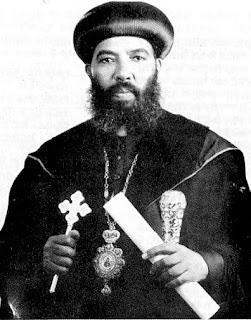The
year 2013 is only three days away. It is educative and even interesting to go back
in time and reconsider some of the key events that took place in Ethiopia.
Since its launch on the 28th of June 2012, this blog, Abyss,
entertained several socio-economic, religious, and political issues, some of
which are highlighted below, beginning from the oldest one. The following texts
are direct quotations taken from previous posts followed by the links that lead
to entire posts.
In
the new year and beyond, Abyss aims to 1) support solicited and unsolicited reflections
(from other people), 2) consider global-level issues as related to Ethiopia, 3)
stay non-partisan and objective, and 4) significantly contribute to Ethiopian
politics. Special currency will be given to your comments and criticisms! Now,
enjoy reading the summaries of some key past posts below.




